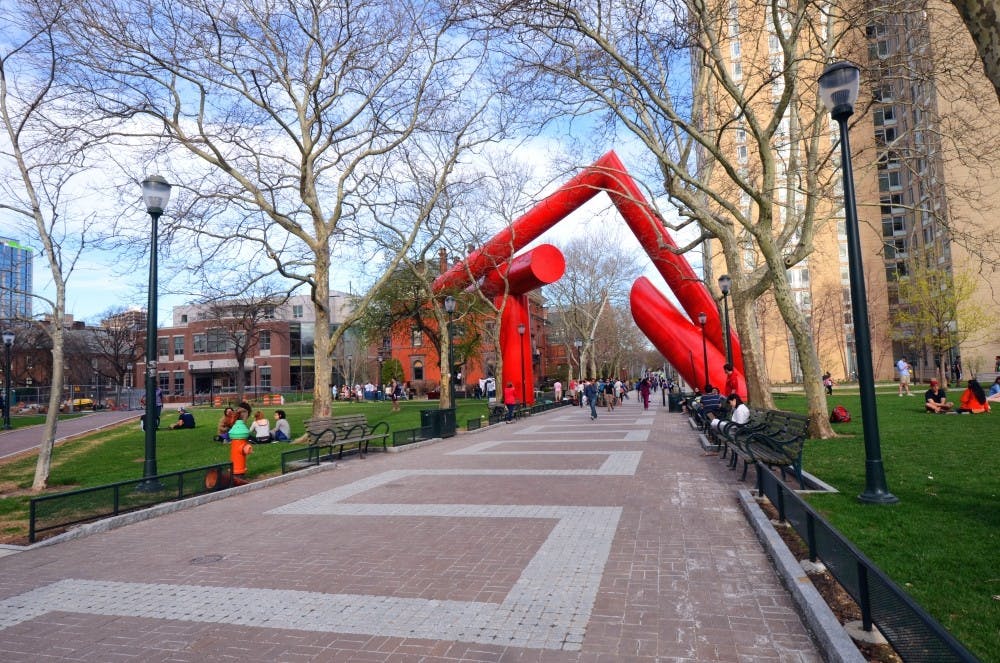
Arthur Halim, a student in the Huntsman Program in International Studies and Business died on July 30.
Most Penn students know what it is like to pass through Locust Walk and have flyers pushed in their direction. Fewer know what it is like to be on the other side, keeping up a big smile despite one rejection after another.
For many performing arts clubs at Penn, flyering is a standard, though challenging feature of their marketing efforts. Wharton junior Brendan McManus, who is a member of Penn Masala, says that flyering can be frustrating for his club because people on Locust are not generally interested in the Hindi-English fusion a capella that they perform.
“It’s difficult because we are trying to get random people interested in what is quite a niche show,” he said.
Wharton junior Jason Choi who serves as the vice president of PennYo, a Chinese a capella group, has had a similar experience. Because the group largely performs in Mandarin and Cantonese, it attracts a predominantly Asian audience. This can make it awkward for members to approach non-Asian students on Locust. Choi said, however, that he has learned to adopt a different perspective.
“I’m proud that PennYo is spreading Chinese culture to the rest of the school, so I don’t feel weird approaching people who may not fit the typical profile of our audience,” he said.
Flyering can even be intimidating to groups that offer more general interest shows.
“It has to do with the inherent human fear of rejection,” College senior Nathan Stauffer, a senior business associate and digital chair at Mask & Wig, said.
He added that it can be scary to attract attention in such a public place as Locust Walk, especially for younger members. “When you start out, there is always this fear that an acquaintance or a crush might see you looking goofy and judge you for it,” he said.
Flyering can also become a chore for clubs that do it regularly. In the spring, Mask & Wig flyers on all weekdays from the last week of January to the first week in April. Club leaders encourage members to keep their energy levels up by having fun on their shifts with jokes or puns.
For example, the club’s ongoing show is set at an airport, so one of the lines that Stauffer used during mid-term season was, “If you’re feeling too much cabin pressure, come have a laugh with us.” Members have also made jokes about the flyers themselves with lines such as, “Hey, here is something on a Goldman Sachs info session.”
Choi has a more straightforward method to get flyers into people’s hands.
“I’m very persistent. I’ll walk backwards, look people in the eye, and pester them till they take one,” he said.
In an age where social media is taking over advertising, clubs are reconsidering the time and labor required for flyering. Penn Masala has already sold out tickets for their spring show and do not intend to flyer at all this semester. McManus said that it may no longer be worthwhile for the club to flyer for future shows.
However, Stauffer and Choi think that cyber marketing is too impersonal to ever replace flyering.
“Flyering is essential. People only spend a couple of seconds on a Facebook post, but a flyer gives them something physical to hold on to,” Choi said.
The Daily Pennsylvanian is an independent, student-run newspaper. Please consider making a donation to support the coverage that shapes the University. Your generosity ensures a future of strong journalism at Penn.
DonatePlease note All comments are eligible for publication in The Daily Pennsylvanian.





